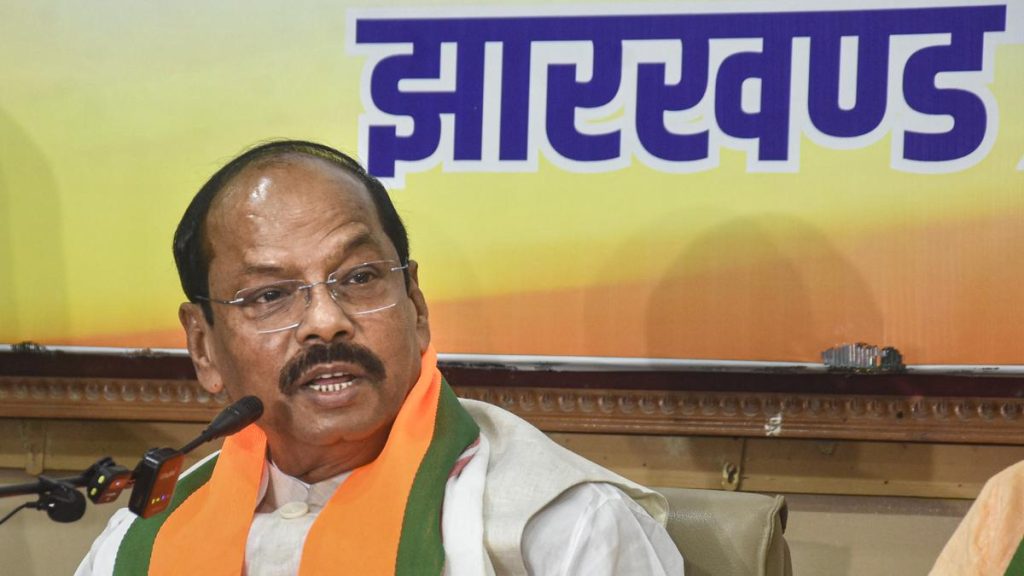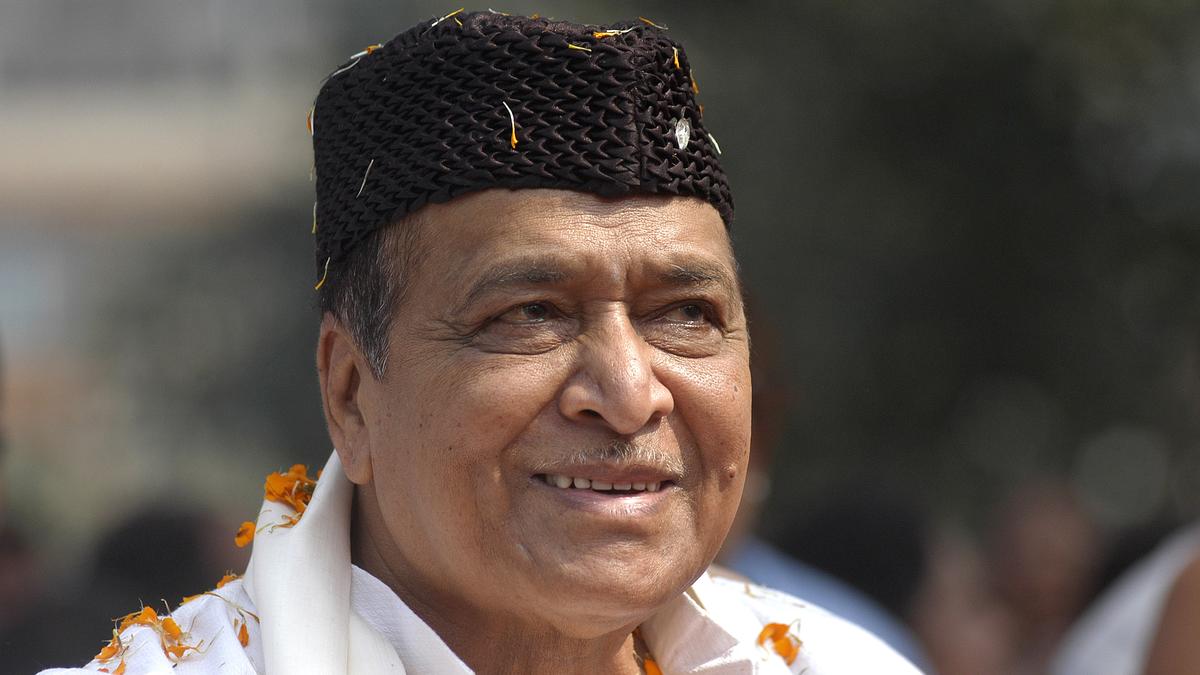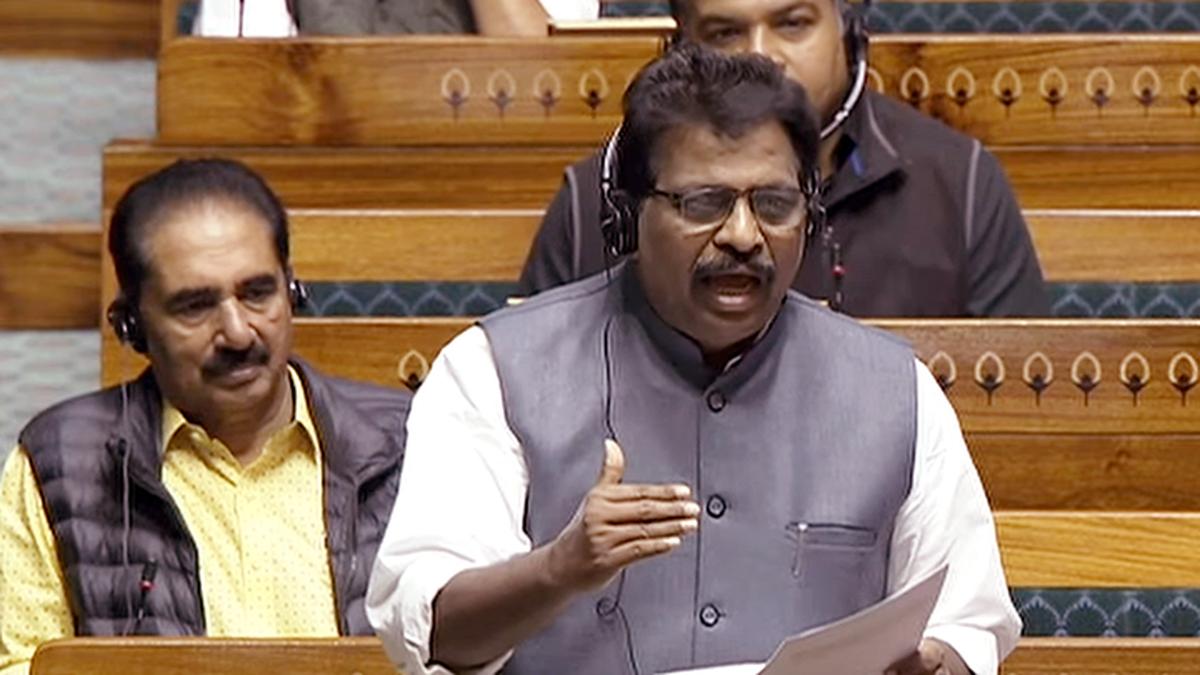Now Reading: Tamil Valarchi Kazhagam Boosts AI Accessibility for Tamil Content
-
01
Tamil Valarchi Kazhagam Boosts AI Accessibility for Tamil Content
Tamil Valarchi Kazhagam Boosts AI Accessibility for Tamil Content
Swift Summary
- Tamil Valarchi kazhagam, a non-governmental body, is working to make Tamil content searchable using optical character recognition (OCR) technology.
- Tamil content online is frequently enough in formats like scanned images or PDFs, making it inaccessible to AI algorithms without conversion.
- A training program will teach 30 postgraduate students from Chennai institutions methods for converting and editing digital Tamil content into searchable word formats. Incentives will be provided to participants.
- The Academy collaborates with Wikipedia and the Central Institute of Classical Tamil on this initiative.
- Established in 1946 by T.S. Avinashilingam Chettiar, the Academy has produced diverse works such as encyclopedias on general topics, children’s literature, medicine, and Siddha medicine over its 80-year history.
- Funding support of ₹2.15 crore was recently provided by the tamil Nadu government for smooth functioning of its activities.
- Additional ongoing projects include student dictionaries (tamil-Tamil-English), global book catalogues covering libraries globally; collection compilations on Tamilogy; coining new words; encyclopedias focused on thoughts in Tamil and dramaturgy.
Indian Opinion Analysis
The push to digitize searchable Tamil language content reflects an important effort to bridge technology gaps that diminish accessibility and visibility of regional languages online. With widespread dependence on AI systems for knowledge management globally, ensuring linguistic inclusion is vital for cultural preservation amid digital evolution.
This initiative carries meaningful implications-not only does it enhance usability of existing materials but also encourages investment in language-focused technological infrastructure for India’s rich diversity of languages beyond English or Hindi dominance online.
On a broader level: fostering collaboration between governmental bodies like state-based institutes while pooling specialized skills from scholars indicates acknowledgment toward developing more neutral frameworks favoring decentralized heritage longevity even among disenfranchised spans dependent relying physical legacy paths across academic domains cultural tools.
Read More: [Link omitted placeholder]

























